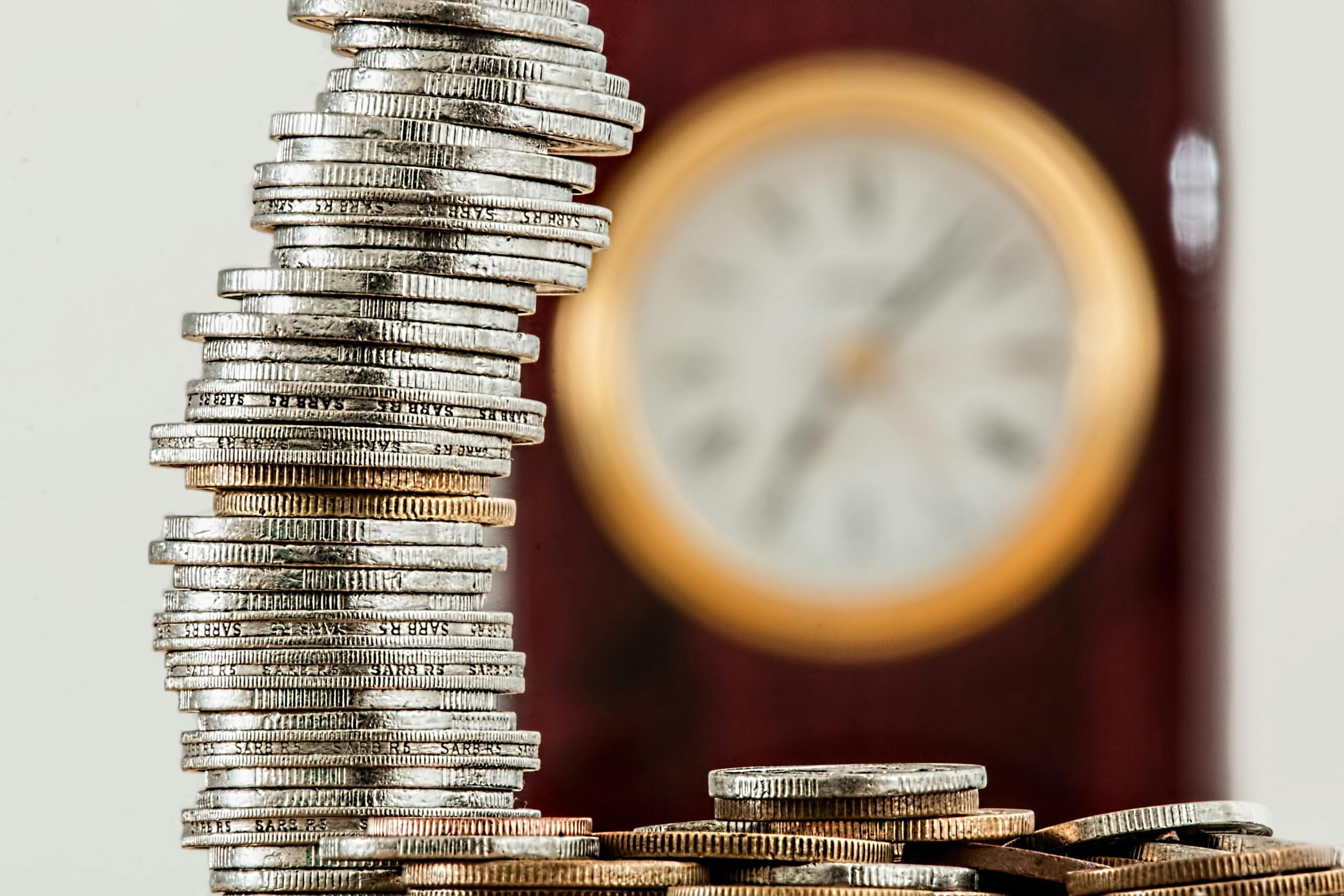Picture this: a trader hunched over a glowing screen, charts dancing with candlesticks, heart racing as the euro climbs against the dollar. Now imagine a bettor in a buzzing sportsbook, clutching a ticket, eyes locked on the final seconds of a football match. Both are chasing a rush, a win, a shot at turning a small stake into a fortune. But are they playing the same game? Forex trading and betting both promise thrills and potential riches, yet they pull you into wildly different worlds. In this deep dive, we’ll unravel what makes each tick, explore their risks and rewards, and—here’s the twist—ask you and the public: which one do you prefer, and why are you drawn to it?
The Shared DNA: Why Forex and Betting Feel So Similar
At their core, forex trading and betting are siblings of speculation. Forex, the global marketplace for trading currencies, sees over $7.5 trillion change hands daily, per the Bank for International Settlements (2022). Traders bet on whether pairs like USD/JPY will rise or fall, driven by economic data, geopolitics, or market sentiment. Betting, whether on sports, casinos, or lotteries, hinges on predicting outcomes—will your team win, or will the roulette ball land on black? Both demand a stomach for risk and a knack for quick decisions.
The psychological hooks are uncanny. Winning a trade or hitting a parlay floods your brain with dopamine, making you crave the next high. A 2021 study from the University of Cambridge revealed that traders and gamblers share similar traits: overconfidence, impulsivity, and a love for beating the odds. Both pore over data—traders analyze moving averages and Fibonacci levels, while bettors study player stats or racing forms. And let’s be honest: the horror stories of blown accounts or maxed-out credit cards sound eerily alike.
But here’s where the paths diverge. Forex trading is often sold as a path to financial mastery, while betting is stereotyped as a reckless fling. Is that fair, or is it all just a matter of perception? Let’s break it down.
Forex Trading: A Cerebral Pursuit or a Glorified Gamble?
Forex trading is no slot machine. It’s a complex ecosystem where currencies fluctuate based on inflation, interest rates, and global events. Traders use platforms like MetaTrader 5, wielding tools like RSI (Relative Strength Index) or Bollinger Bands to spot trends. A savvy trader might short the Australian dollar after a weak GDP report, hedging their position with a stop-loss to cap potential damage. This isn’t luck—it’s strategy, honed through study and discipline.
Yet, forex has a dark side. Leverage, which lets you control $100,000 with just $1,000, can turn a small misstep into a financial freefall. The stats are sobering: the European Securities and Markets Authority (2018) found that 74-89% of retail forex traders lose money. Many newcomers, lured by Instagram gurus promising Lambos, treat forex like a casino, overtrading or ignoring risk management. When a tweet from a central banker sends the market into a frenzy, it can feel like the house always wins.
Betting: Chance, Skill, or Both?
Betting, by contrast, wears its heart on its sleeve. Whether you’re wagering on a Premier League match or spinning a slot machine, the vibe is instant gratification. Sports betting, in particular, blends skill and chance. Professional bettors, like the legendary Billy Walters, use statistical models to find “value bets,” where the odds misprice the true probability. A 2019 Journal of Gambling Studies paper noted that skilled bettors can eke out consistent profits, but they’re the exception, not the rule.
Most betting, though, tilts toward chance. Casino games like blackjack or roulette carry a built-in house edge—2.7% for European roulette, ensuring long-term losses. Sportsbooks bake in a “vig” (margin) to tip the scales in their favor. Once your bet is placed, you’re a spectator, powerless as the dice roll or the referee blows the whistle. Unlike forex, where you can pivot mid-trade, betting locks you in until the outcome is decided.
Head-to-Head: Where They Clash and Converge
Let’s put forex and betting in the ring and see how they stack up:
-
Control
Forex traders have an arsenal of tools—stop-losses, take-profits, and hedging—to manage risk. You can exit a trade when the market turns sour. In betting, once the game starts, you’re along for the ride, praying your horse doesn’t stumble. -
Skill vs. Luck
Forex rewards mastery. A trader who studies monetary policy and backtests strategies can tilt the odds in their favor over time. Betting offers less control, especially in games of pure chance like slots. Even in skill-based betting, like poker, variance can crush you in the short term. -
Timeframe
Forex spans short scalps to long-term plays, letting traders align with their goals. Betting is often a sprint—games end, races finish, and lotteries draw. This brevity fuels impulsivity, making discipline harder. -
Regulation
Forex brokers in major markets (e.g., FCA in the UK, CFTC in the US) face strict oversight, protecting traders from fraud. Betting’s regulation varies wildly—sportsbooks may be legit, but offshore casinos often prey on the unwary.
The Highs and Lows: Addiction and Ambition
Both forex and betting can be a slippery slope. The thrill of a winning streak—whether it’s a 50-pip gain or a nailed accumulator—can hook you. But chasing losses? That’s where dreams turn to nightmares. The UK Gambling Commission (2022) estimated 0.4% of adults are problem gamblers, losing far more than they can afford. Forex, though less studied, isn’t far behind. A 2020 Financial Conduct Authority report flagged compulsive trading behaviors, with some retail traders blowing through savings in pursuit of “the big win.”
The accessibility of both fuels the fire. Apps like Binance or Bet365 are always a tap away, tempting you to trade or bet on a whim. Stories of ruined lives—divorce, debt, despair—haunt forums for both. The real question isn’t just which offers better odds, but whether you can play without losing yourself.
The Million-Dollar Question: Which Is Worth Your Time?
So, is forex trading a disciplined investment or betting in a business suit? It’s both, depending on how you approach it. Treat forex like a craft—study, practice, manage risk—and it’s a legitimate shot at wealth. Approach it like a slot machine, and you’re gambling with extra steps. Betting, meanwhile, is mostly entertainment. Skill can give you an edge in sports or poker, but the house’s advantage looms large.
If you’re leaning toward forex, start small: use a demo account, learn technical analysis, and never trade money you can’t lose. If betting’s your vibe, set a budget and treat it like a night out, not a side hustle—unless you’re ready to crunch data like a pro. Either way, the biggest risk is diving in blind.
The Highs and Lows: Addiction and Ambition
Both forex and betting can be a slippery slope. The thrill of a winning streak—whether it’s a 50-pip gain or a nailed accumulator—can hook you. But chasing losses? That’s where dreams turn to nightmares. The UK Gambling Commission (2022) estimated 0.4% of adults are problem gamblers, losing far more than they can afford. Forex, though less studied, isn’t far behind. A 2020 Financial Conduct Authority report flagged compulsive trading behaviors, with some retail traders blowing through savings in pursuit of “the big win.”
The accessibility of both fuels the fire. Apps like Binance or Bet365 are always a tap away, tempting you to trade or bet on a whim. Stories of ruined lives—divorce, debt, despair—haunt forums for both. The real question isn’t just which offers better odds, but whether you can play without losing yourself.
The Million-Dollar Question: Which Is Worth Your Time?
So, is forex trading a disciplined investment or betting in a business suit? It’s both, depending on how you approach it. Treat forex like a craft—study, practice, manage risk—and it’s a legitimate shot at wealth. Approach it like a slot machine, and you’re gambling with extra steps. Betting, meanwhile, is mostly entertainment. Skill can give you an edge in sports or poker, but the house’s advantage looms large.
If you’re leaning toward forex, start small: use a demo account, learn technical analysis, and never trade money you can’t lose. If betting’s your vibe, set a budget and treat it like a night out, not a side hustle—unless you’re ready to crunch data like a pro. Either way, the biggest risk is diving in blind.
Final Call: Your Move
Forex and betting are two sides of a high-stakes coin, each offering a unique blend of risk, reward, and rush. Forex is a marathon, demanding patience and skill; betting is a sprint, fueled by chance and instinct. Both can electrify your life—or burn it down.
So, we’re throwing it to you: Forex or betting—what’s your pick, and why?
Ensure to join our whats app Channel via this link: https://whatsapp.com/channel/0029VbANs2w35fLyDUKSA530


